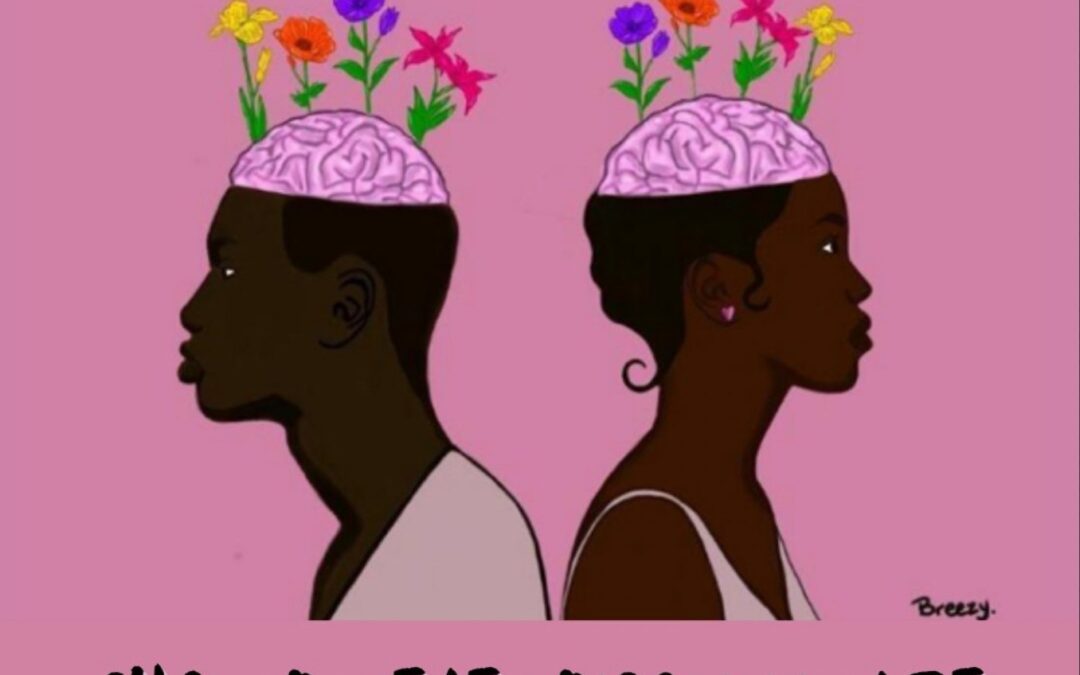Mental health has been at the forefront of public discourse in recent years. This is largely due to the extended fallout from the pandemic, which left many people with conditions like PTSD, anxiety, and depression. Today, more than one in five Americans live with a mental illness that affects their everyday life.
Mental health issues are even more prevalent in the Black, Indigenous, and People of Color (BIPOC) communities. This is due to sustained, systemic racism which raises the likelihood of conditions like depression and anxiety.
Unfortunately, BIPOC communities tend to lack adequate access to mental health support. This amplifies mental health issues in the BIPOC community and makes it hard for folks to gain access to the help they need.
BIPOC and Mental Health
Folks who are Black, Indigenous, and People of Color have worse mental health outcomes than their white peers. This disparity in mental health care is due to:
- Racism and Discrimination: 44% of BIPOC people report feeling stressed daily due to discrimination.
- Stigma: Marginalized communities sometimes report having less trust in healthcare providers. This leads some to see mental health issues as a personal failing, rather than an illness for which one can receive treatment.
- Access: Despite reporting higher levels of distress, BIPOC communities are less likely to have access to affordable, convenient mental healthcare in their area.
- Representation: BIPOC people are underrepresented in the mental health field. This may turn some away and exacerbate mistrust due to inadequate care.
Addressing these issues is crucial as, in the words of Savannah Thomas, many BIPOC people face generational trauma which continues to impact the lived experiences of folks today. Addressing this trauma should be a priority for healthcare providers, yet BIPOC mental health remains a major issue for millions of Americans.
Substandard Care and Wellbeing
Recent research reflects that mental health providers are generally mistrusted by folks from the BIPOC community. This is entirely rational, as, for generations, BIPOC people have “weathered centuries of racism, causing transgenerational mental health consequences and hindering access to quality treatment,” according to Community Mental Health Journal. Put simply, decades of structural racism have disenfranchised people of color and made it harder for folks to get access to the help they need.
This is clearly reflected in data concerning physical health conditions, too. For example, Black Americans are less likely to recover from cancer than their white peers. This is due to a range of factors that have their roots in systematic racism, including disproportionately low socioeconomic status (SES), reduced access to quality foods, higher rates of exposure to pollution, and a lack of access to public healthcare solutions. These systemically racist issues have a knock-on effect on the mental health of BIPOC communities, who may have to deal with physical ailments without the support that they deserve.
Similarly, poverty is recognized as a barrier to quality mental healthcare in the U.S. Recent census information shows that poverty rates remain higher amongst Hispanic, Black, and Native Americans. This is a serious issue, as treatment options like therapy tend to cost between $100 – $200 per session. For folks in or near poverty, this makes attending therapy sessions all but impossible.
Resources and Support
The mental health disparities that affect BIPOC populations are a serious social issue that requires systemic change. We cannot ignore the income inequality that disproportionately affects BIPOC Americans and should champion calls to address racism within systems like education and healthcare.
With systemic racism in mind, it becomes clear that mental healthcare providers must approach healthcare problems holistically. A holistic approach helps providers understand the pressures that people may face. This reduces the risk of providers erroneously placing blame on the patients who visit them and will ensure that BIPOC folks are heard when they report to their general practitioner with symptoms related to a mental health condition.
Folks who want to find support that represents them appropriately can get in touch with groups like ENGAGE. ENGAGE serves BIPOC community members in the New York area and seeks to improve access to quality care in the city. This approach is premised on delivering equitable healthcare to all and is a model for other organizations.
Folks who are based in the UK and want to find a therapist who represents them can utilize networks like the Black, African, and Asian Therapy Network. This network is designed to provide support from therapists who are from traditionally marginalized communities. Similarly, in the U.S., BIPOC communities can get in touch with support groups like Mental Health Liberation, whose mission statement is to provide “culturally responsive, identity-affirming therapy.”
Conclusion
Mental health disparities continue to afflict folks from the BIPOC community. This is largely due to systemic racism, which contributes to mental health conditions like depression and forms a barrier to healthcare access. Overcoming these issues can feel insurmountable at first. However, by reaching out to support networks, BIPOC folks can find care that represents them and understands some of the challenges they may face.


